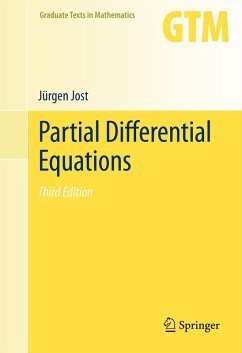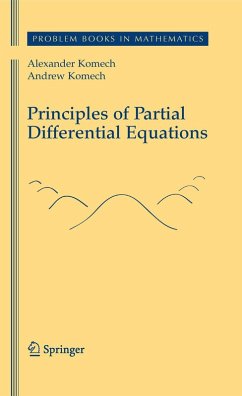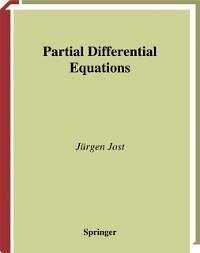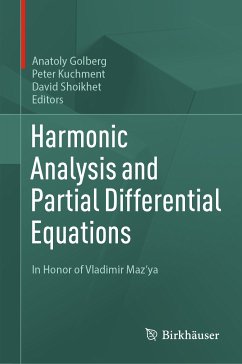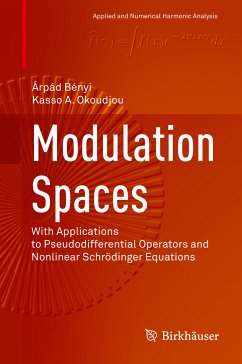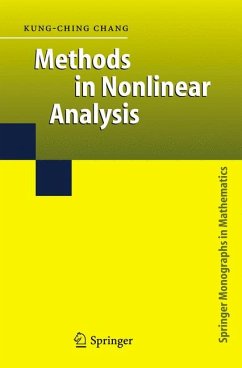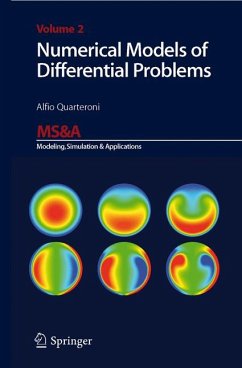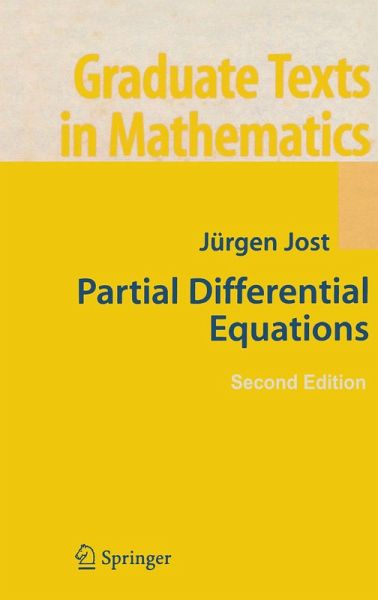
Partial Differential Equations (eBook, PDF)
Versandkostenfrei!
Sofort per Download lieferbar
48,95 €
inkl. MwSt.
Weitere Ausgaben:

PAYBACK Punkte
24 °P sammeln!
This book offers an ideal introduction to the theory of partial differential equations. It focuses on elliptic equations and systematically develops the relevant existence schemes, always with a view towards nonlinear problems. These are maximum principle methods (particularly important for numerical analysis schemes), parabolic equations, variational methods, and continuity methods. This book also develops the main methods for obtaining estimates for solutions of elliptic equations: Sobolev space theory, weak and strong solutions, Schauder estimates, and Moser iteration. It also explores conn...
This book offers an ideal introduction to the theory of partial differential equations. It focuses on elliptic equations and systematically develops the relevant existence schemes, always with a view towards nonlinear problems. These are maximum principle methods (particularly important for numerical analysis schemes), parabolic equations, variational methods, and continuity methods. This book also develops the main methods for obtaining estimates for solutions of elliptic equations: Sobolev space theory, weak and strong solutions, Schauder estimates, and Moser iteration. It also explores connections between elliptic, parabolic, and hyperbolic equations as well as the connection with Brownian motion and semigroups.
This second edition features a new chapter on reaction-diffusion equations and systems. There is also new material on Neumann boundary value problems, Poincaré inequalities, expansions as well as a new proof of the Hölder regularity of solutions of the Poisson equation.
This second edition features a new chapter on reaction-diffusion equations and systems. There is also new material on Neumann boundary value problems, Poincaré inequalities, expansions as well as a new proof of the Hölder regularity of solutions of the Poisson equation.
Dieser Download kann aus rechtlichen Gründen nur mit Rechnungsadresse in A, B, BG, CY, CZ, D, DK, EW, E, FIN, F, GR, HR, H, IRL, I, LT, L, LR, M, NL, PL, P, R, S, SLO, SK ausgeliefert werden.




